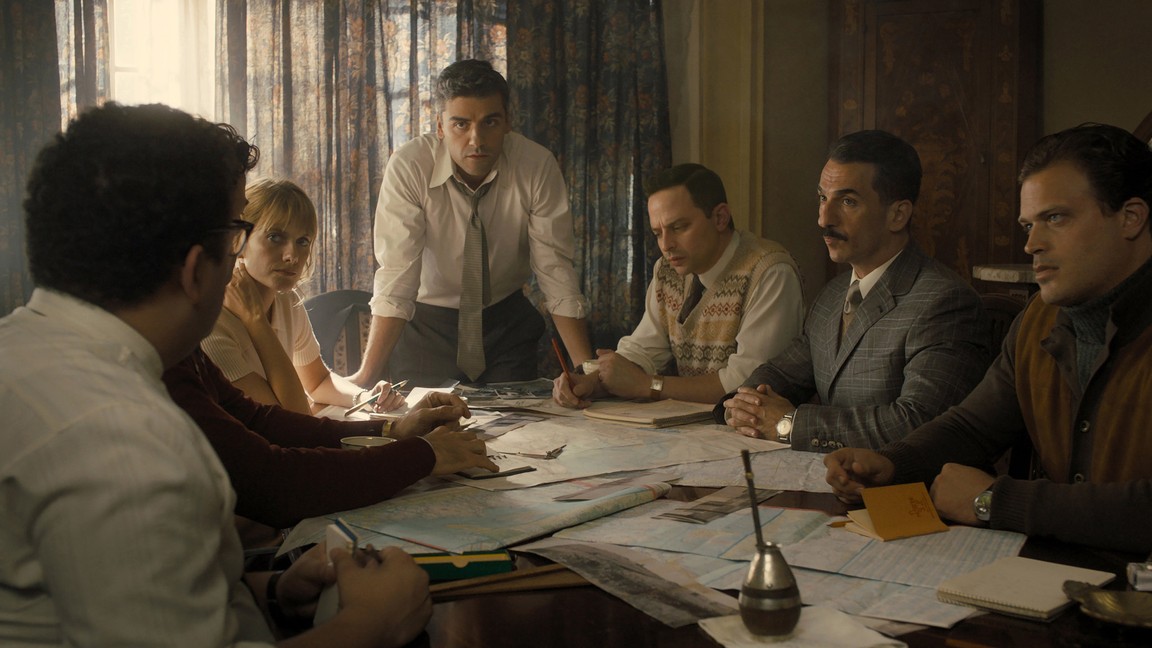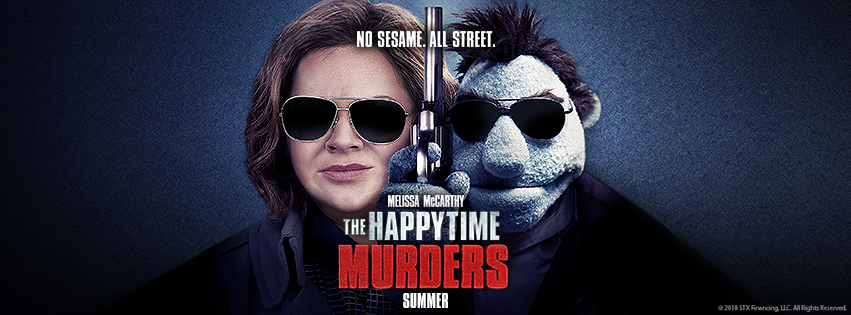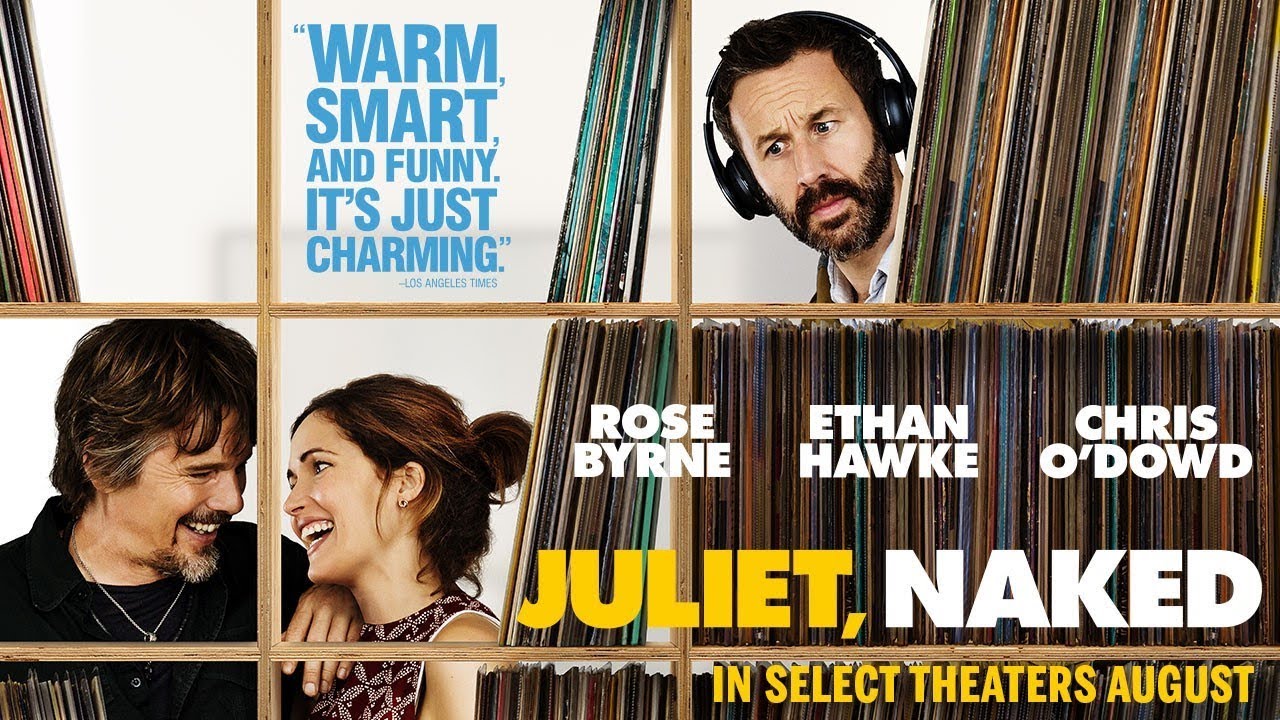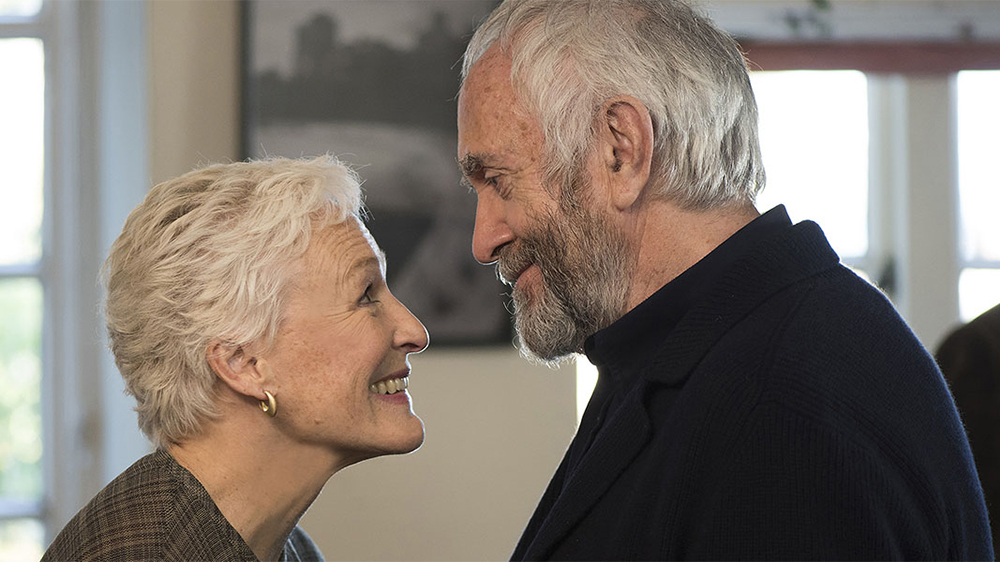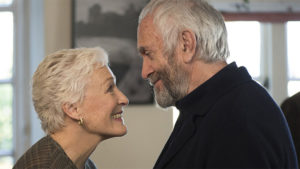Operation Finale
Posted on August 29, 2018 at 5:49 pm
B +| Lowest Recommended Age: | High School |
| MPAA Rating: | Rated PG-13 for disturbing thematic content and related violent images, and for some language |
| Profanity: | Some strong and hateful language |
| Alcohol/ Drugs: | Drinking, smoking |
| Diversity Issues: | A theme of the movie |
| Date Released to Theaters: | August 31, 2018 |
| Date Released to DVD: | December 3, 2018 |

Operation Finale considers what is, perhaps, the ultimate conundrum, one that echoes throughout all of human history. How can good guys defeat the bad guys without becoming bad themselves? If the bad guys do not play by any rules at all, the good guys have two choices: to stay within the rules themselves, which can be high risk because it is like going into a fight with both arms tied behind your back, or decide that the ends justify the means and violate the rules to improve their chance of winning. Can it really be a win if you abandon your principles to get there?
Sometimes there is ambiguity about who exactly are the good guys and the bad guys. That is not the case with the Nazis in WWII. Among the worst of the worst, certainly the worst to survive the war, was Adolf Eichmann, the head of the “Department of Jewish Affairs” and the man responsible for creating the system that led to the murder of millions of people, including six million Jews. The other top Nazi leaders, Hitler, Himmler, and Goering, killed themselves at the end of the war. Then there were the Nuremberg trials for many others. But Eichmann and a few others escaped to Nazi-friendly Argentina. Fifteen years later, agents of Israel’s Mossad intelligence agency captured him and brought him back to Israel for a trial that was broadcast around the world. This is the story of how that happened, so tensely presented that we hold our breath even though we know that Eichmann made it to Israel, where his “man in a glass booth” (for security) trial was broadcast as it happened throughout the world, giving most people their first chance to hear testimony from Holocaust survivors.
Director Chris Weitz and screenwriter Matthew Orton skillfully portray the people of the young state of Israel, just 12 years old, still defining itself internally and still justifying its existence to the world. When someone approaches Mossad with evidence that Eichmann has been identified in Argentina, the first reaction is that the atrocities are old news, and they don’t have the resources to go after him because they are too busy fighting for the right to exist now. They ultimately decide to get him less from a sense of justice or even revenge than from the notion that at this stage, everything they do is definitional; every choice they make shows the world what it means to be a Jewish state after the Holocaust, an atrocity so unprecedented that the term was not even in widespread use for several more years.
We see what it is to have a country made up of displaced people, each of whom has suffered unthinkable trauma and grief. In one scene they almost start to have a grim “who lost the most” conversation before they stop. Their focus has to be on what happens next, and that is the risky, complicated plan to get Eichmann out of Argentina, even though there is no extradition and they don’t have access to military aircraft capable of transporting him.
Sir Ben Kingsley plays Eichmann, living under an assumed name, working at a Mercedes factory, living with his wife and sons, and speaking often to groups of other escaped Nazis about his wartime experiences. Oscar Isaac plays Peter Malkin, the Mossad agent who actually tackled Eichmann, and who, with his colleagues, had to keep him captive until he could be extracted and put on a commercial flight to Israel.
There is a wisp of a love story, and there is some exploration of the moral dilemmas. But it is the electrifying scenes between Kingsley and Isaac that are even more riveting than the “can they get him” and “will they be caught” moments of spycraft.
It was Eichmann himself who inspired Hannah Arendt’s term “the banality of evil,” and disconnect is jarring between Eichmann’s deeds in overseeing the mechanics of rounding up Jews and transporting them to their execution and torture and the bland, civilized factory foreman who loves his wife and children. Eichmann is not bothered by the slaughter of millions, even when a murdered baby’s brain was splattered over his coat. Malkin is still deeply wounded by the loss of one person, his adored sister, who was killed with her children. He is still anguished by a fatal mistake on a previous mission. We see that the very conscience that keeps Malkin from “putting a bullet between eyes,” as he said he would gladly do, can make it much harder to bring him to justice.
Eichmann, a master manipulator, tries to put them both in the same category of following orders to save their country. Malkin tries to manipulate Eichmann into signing the necessary consent form for leaving the country. Each tries to gain ground over the other, usually through appearing to be conciliatory, to find some point of vulnerability. The action scenes, especially toward the end, have a ramped-up “Argo” rhythm, but what is far more engrossing is when two people talk to each other.
The stakes are incalculable and inherently dramatic, but Kingsley and Issac take it to another level as characters and as actors, and it is fascinating to see them challenge each other. Two of the greatest actors alive, each with endless screen magnetism, superb control of acting technique, and the ability to tell a lifetime with an almost imperceptible shift of the eyes or slight additional huskiness in the voice, put all of that to show us a massive historical event can come down to two people in a room.
Parents should know that this film includes footage of Holocaust atrocities, including mass murder, with some graphic and very disturbing images, some peril and violence, drinking, smoking, and some strong language.
Family discussion: Why is it important to give someone a fair trial when the crime is unimaginably big and the evidence against him is overwhelming? Is it possible for a trial under those circumstances to be fair? Why did Eichmann sign the agreement?
If you like this, try: “Argo,” “Munich,” and “The Eichmann Show,” a film about the trial, and read Peter Malkin’s book, Eichmann in My Hands.

